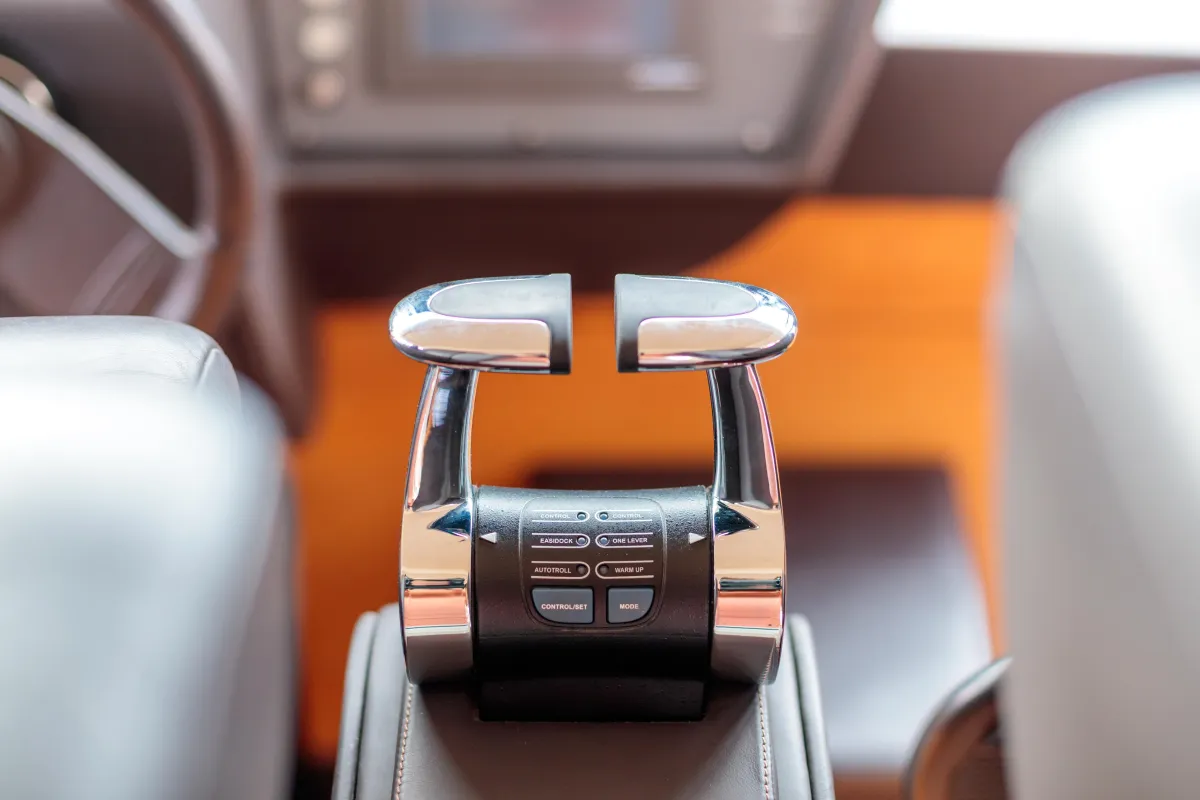
Spending Resources during an Industry Downturn
Market downturns in the marine industry are a cyclical, predictable force of nature. Being caught unprepared puts you a tough spot, so with luck your company has buffeted against it already. If not, now is as good a time as any to start.
By now you shouldn’t see the down market as a time to slash sales and marketing budgets. Cost reduction in this area can be tempting, but it is a better time to reallocate these budgets to support relentlessly on your conversion funnel using, fortunately, well-trod techniques.
Sales incentives and rebates can push some customers over the edge, but they really aren’t great tactics to nurture a timeline of moving customers through your sales funnel. Here are the top best uses of a marketing spend during tough times - and anytime, really:
PPC and SEO: Enhance your budgets and monitoring of search engine optimization (SEO) to ensure your website ranks well. Add budget (don’t subtract!) during offseason and down cycles on responsive search and display ads within Google (most especially) and Bing. Use GA4’s recommendations and structured campaigns - because they know better than you do how and where your ad should be shown. It’s important not to scale back now, as you will be crowded out by your competitors when costs rise, and times get tough.
Content Marketing: This is really a sub-category of the SEO play but should be a central force of any website marketing strategy (if you want Google and Bing to notice you). Your content should be your “hub” that feeds and informs all other digital messaging. Create valuable and informative content related to boating, fishing, and outdoor activities. If you need help with keywords and content, there are many sites that can help you to optimize and automate (check out byword.ai). Content marketing can help you establish your authority in the industry and attract potential buyers.
These are strategies to implement before your customers and leads move onto another brand (which they can do online in a nanosecond).
Customer Relationship Management (CRM): If you do not have full visibility online of where your customers come from and are going to, you better get it fast. Implement a comprehensive CRM system to manage customer data and interactions more effectively. This will help you nurture leads, offer personalized recommendations, and improve customer conversion (not to mention satisfaction).
If implementing a CRM seems overwhelming, be assured it is not. Many companies, both in and outside the marine industry, can write software to back up a fluid communications management system with reporting and dashboard visibility.
Social Media: If social media advertising and marketing seem like a superfluous spend, you are on the wrong side of history. Besides Google, there is no better direct online spend on a future customer than this. Be sure to collect lead information on the ads you run. There are multiple ways to funnel social media leads from Meta properties into your CRM directly, and you can even score them within those properties using survey questions. Use LinkedIn to connect with your B2B audience regularly. The more you use social media platforms to engage with your audience, the more the platforms will reciprocate your efforts. Share not only pre-packaged visuals and videos of your boats in action, but leverage customers’ own media and offer a peek behind the scenes of your own manufacturing processes. Interact with your followers and respond to inquiries promptly.
Email Marketing: Behold - the holy grail conversion strategy for any marketing or lead generation strategy. Use email marketing to nurture not only your existing customer base, but all the leads who have come across your CRM, in real time and throughout their customer cycle. and offer them special deals or updates on new products. Your CRM can help you to personalize your email campaigns using different product pathways.
Customer Service: A lot of times, good customer service vs. bad determines the outcome of a sale. It’s best to spend resources on an in-house or dedicated human to step in quickly and fluidly when an automation cannot resolve and issue or map the best pathway to a sale. Though this is a more long-term strategy, it should be implemented immediately, before your customers and leads move onto another brand (which they can do online in a nanosecond).
During an economic downturn, it's essential to be agile, adaptable, and customer focused. By implementing these tactics, boat companies can increase their chances of driving leads and sales despite challenging economic conditions.